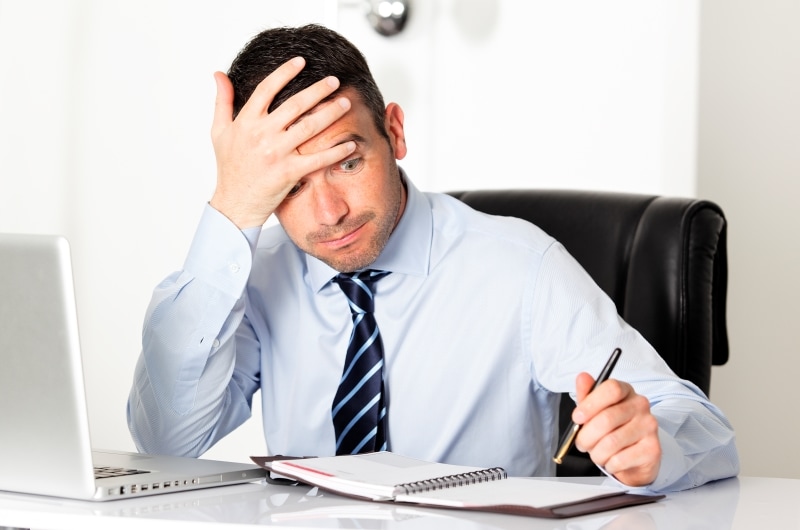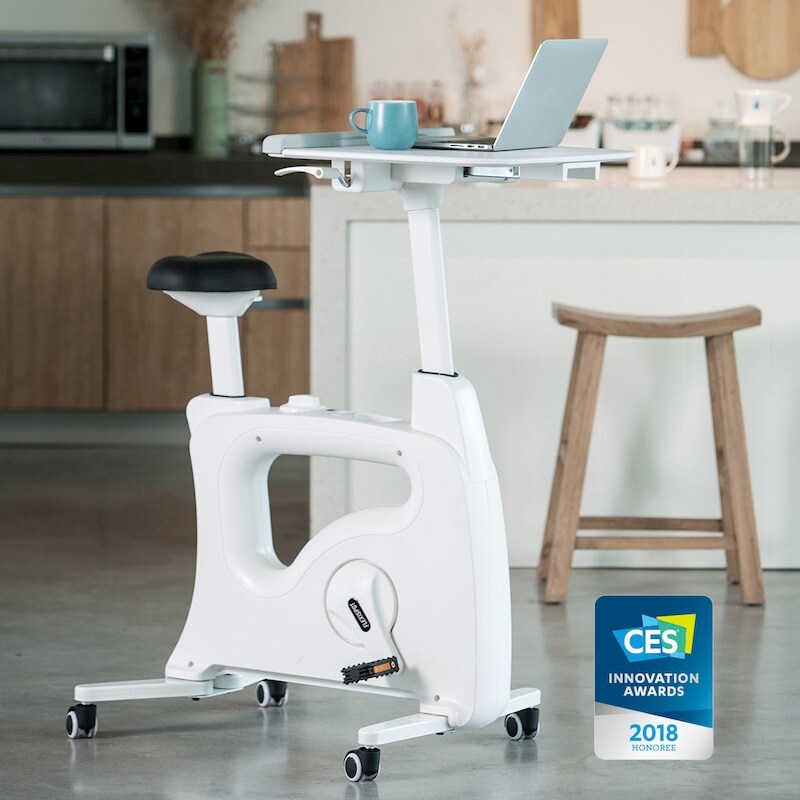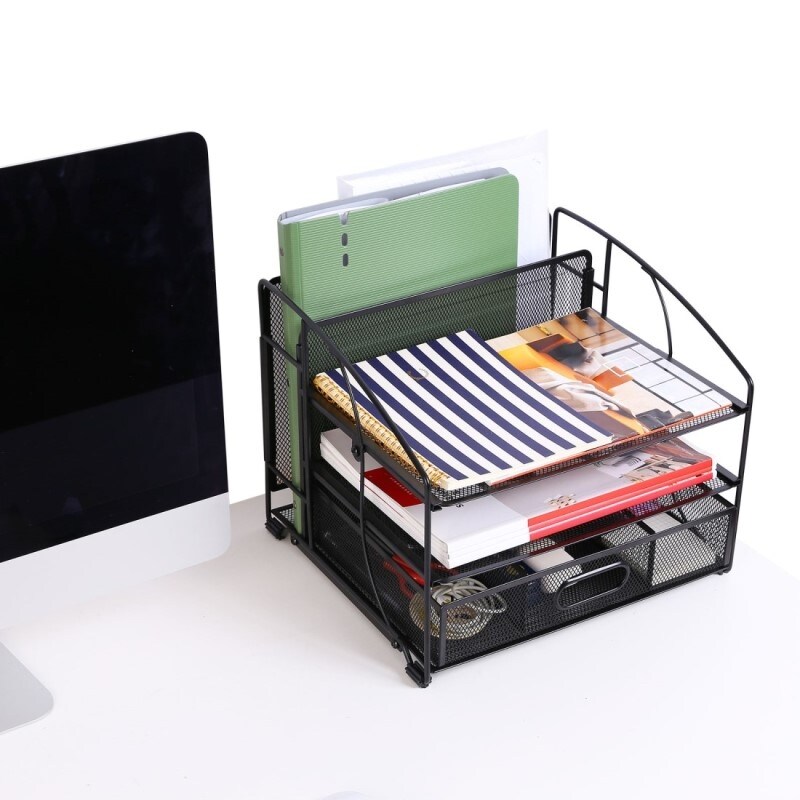In recent years, mental health issues have been brought to the forefront.
More initiatives have sprung up in order to combat them. It’s a great time for individuals, companies, and organized groups to raise awareness of the work that they have been doing and the work that still needs to be done in the mental health space. The ultimate goal is to end the stigma against mental health and make care and treatment for it a reality for people across the globe.

People have different stressors—some we are already aware of; some are caused by changes that happen to our lives every day. It really depends on our current state in life and how we respond to events and challenges that come our way. For instance, it’s understandable for working individuals to get stressed out with their jobs because they spend eight to nine hours a day at the office. Most feel burnout when they are loaded with work and are unfulfilled with their performance and growth in the company. And because a chunk of their days is spent at work, it’s difficult to separate work and their personal lives. Work is affected by their personal relationships; other times, it’s the other way around.
Whatever the scenario is, mental health is as important as physical health because it affects human behavior, actions, and thoughts that may cause physical pain and stop people from living their best lives. When not in good shape mentally, people have the tendency to be hot-tempered and rude to strangers and friends alike. Well, we’re here to help keep one’s mental health in check by following the habits listed below.

1. Exercise regularly.
Credible studies have shown that exercise has the power to brighten someone’s mood, lessening anxiety and stress. Endorphins, or happy hormones, are released during exercise that can make anyone feel upbeat and motivated in an instant. Moreover, it also sharpens focus at the present moment which means it may kill the loop that anxious people often find themselves in—ruminating on past memories and worrying about future events.
Keep in mind that a busy working schedule won’t keep a determined person away from exercising. Even as a 9 to 5 employee, it will be easy to incorporate exercise into your daily life. Consider the V9 Pro Home Office Height Adjustable Cycle Desk Bike for instance.
It was named as an Honoree at the 2018 CES Innovation Awards. With a removable spacious desktop, this desk bike is its own workstation. Its pneumatic adjustment lever is easy to use to change the height of the seat whenever you please. It has an integrated digital display that shows workout time, calories burned & speed. It has rolling caster wheels so that the bike can be easily moved around the workspace. If you get tired of pedaling, you can always grab another chair and set aside the bike chair in a corner. It comes in black or white colors.
This exercise equipment would turn sedentary work into an active form that will help an employee lose some pounds (if that’s the goal) and be more alert at work. Plus, with the endorphins coming, it keeps them motivated!
2. Don’t take breaks for granted.
You’re human so you need to take your breaks seriously. When you’ve been doing focused work for four straight hours, let your mind rest by getting up and walking outside. Make sure to not skip your lunch break. When you’re stressed, allow yourself to talk to someone who comforts you or do an activity that’s either new or has made you smile in the past. Commit to breaks fully, meaning be completely present when taking them, and don’t let distractions bother your personal time.

3. Be open in your workplace.
Now, this is not to be taken lightly; you have to observe office culture first before communicating any personal problem that has been affecting your work performance lately. If your assessment is that your superior is open to vulnerable conversations like this, let him or her know your current mental state. If the office culture is not that open, go to the human resources department and disclose what you are comfortable divulging. Draw the line between personal and professional by only sharing what is affecting your work negatively. They don’t have to know every detail. Remember you’re just there so that they’ll be in the know, hopefully helping deal with your problems in the office.
4. Dedicate time for meditation.
By allotting at least five minutes a day for meditation would help enforce it as a practice. One of the biggest misconceptions is tying the mindfulness habit with cults but in reality, it allows someone to be fully present at the moment—noticing distractions but not dwelling on thoughts as they come and go and focusing on what the body is feeling at the time of meditation. You’ll be amazed by the power of a deep breath to give a person a sigh of relief in highly stressful situations. At the office or at home, don’t hesitate to go to a corner yourself, shut down distractions, and listen to your deep breaths as you inhale and exhale.

5. Make friends.
It’s not that misery loves company but having friends at work who understand your predicament might help. It doesn’t mean you have to be friends with everybody either or that you have to share every little thing that is happening with your life but if one or two of the people you trust the most in the office knows your mental health issues, it would probably help ease the burden. These people see you at work so they would most probably have valuable input as to what you could do to address mental health issues brought about work.
6. Know about your company’s benefits.
Most companies offer consulting sessions so if you know your health benefits, you could make the most out of it. The best way to address mental health issues is to seek professional help after you acknowledge that you need it. The shrink would most likely help you understand your problems more and to address them better.

7. Declutter your workspace.
You may not think much of it but perhaps another thing that is adding to your daily troubles is a messy workstation. Just by looking at the pile of work you have to do is already overwhelming. Take a deep, slow breath and declutter your workstation one item at a time. It helps to install storage solutions so it’s easier to declutter. Opt for a desk organizer, preferably a clear or a mesh one where you can put your desk items and see them all in one glance.
8. Take a longer vacation.
If small breaks within work are still not enough, then it’s about time to use those leaves, pack your bags, and take a vacation. Even if you hate to admit it, you need this rest to recharge and come back stronger!